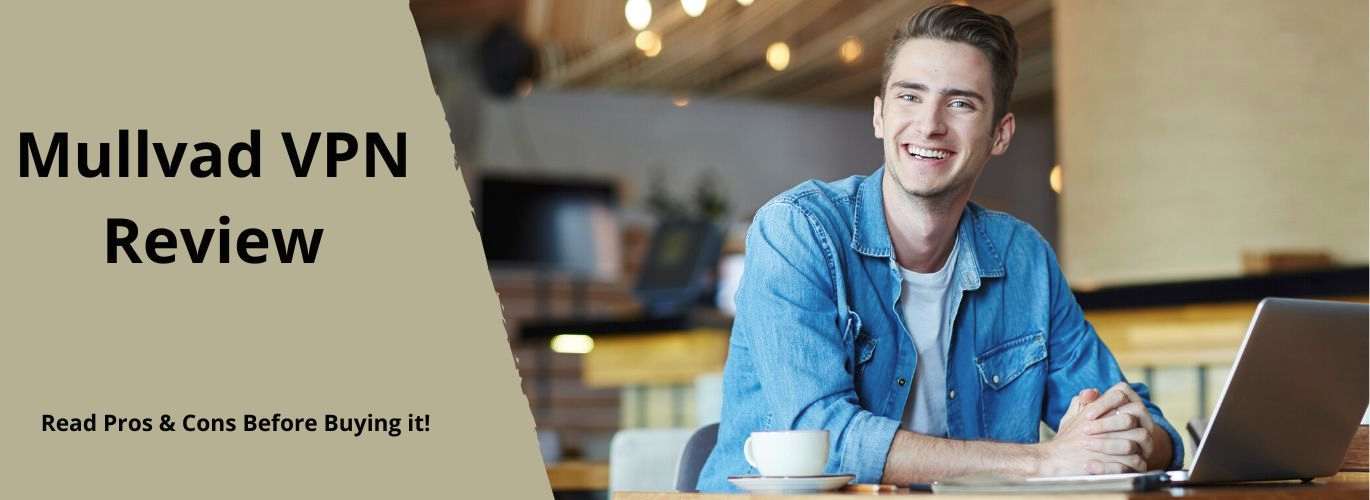
There was a near universal show of hands. When I mentored, I used to ask students how many of them activated their car's alarm system* when they left it to come to class. To combat that, you really need to think offensively and proactively. Now you have 5 Eyes (plus contributing partners) and predatory capitalism sniffing, analyzing, and profiling every bit of data that leaves your device.Even your ISP is selling your data and digital profile. It's not like it was 20 years ago where data flowed mostly anonymously. They are also used to protect your, and your data's, ingress as well. There is a misconception that VPNs are about protecting your, and your data's, egress. Do they own their own servers or are they essentially just reselling VPSes? Because, essentially, what you are betting on is whether or not they, and their business partners, will roll over on you or not. Ideally, you'll want to know what type of VPN technology they are using, what their logging policy is, how frequently they are audited, by whom, and what the outcomes of those audits were.You'll also want to know where they are actually located (versus where they are registered) as well as where their servers are hosted. Just assuming a large provider, like Nord, Proton, or Mulvad, will effectively help protect your safety and anonymity isn't a good idea. You really need to do your homework and understand the product being offered by each VPN provider and the VPN provider itself. Unfortunately, that is no longer a safe blanket statement. You are unlikely to get sued/threatened using one? It seems like a way to limit your choices. What makes private subscription trackers better. If you want to watch it, read it, listen to it, or interact with it, a tracker likely has metadata on it. While there are some niche trackers, most are general. If a particular torrent is that of something rare, those ratio limits are frequently expanded or removed so that the data is more generally available. An X:Y ratio is definitely expected but if a person is active, they are using a seedbox or VPS with predefined per torrent limits to reliably and automatically hit that ratio. For any sort of torrent to work, you need to download the available data first before you send it back out. Most private servers have some requirement that you upload X amount before you can begin downloading, and your ratio needs to stay above 1 to 1 (uploads to downloads).

In point of fact, the new hotness is to use HA Kubernetes containers so a person, if they were so inclined, could be part of multiple trackers simultaneously.Īlso, based on my research, it's not about time online. Hell, one can use containers and be part of a tracker swarm. A tracker can consist of hundreds if not thousands of physical or virtual servers. Also, you need to decouple the concept of a tracker from that of a server. I'd conservatively say that tens of thousands of clients are hitting those trackers at any given second, globally. Hmm, I'd have to say the theoretical private servers that no one can actually use are not necessarily better than accessible public servers, in practice.

A third example is that NordVPN also has specific P2P oriented servers. Mulvad also has the same distinction in place, for another example. They know a good portion of their userbase is going to use their service for P2P usage like, say, downloading totally legal Linux torrents. Proton, for example, has just such a selection of servers.

Most VPN providers prefer that you use their specifically notated servers for P2P traffic.

Many VPN explicitly forbid peer to peer traffic.


 0 kommentar(er)
0 kommentar(er)
